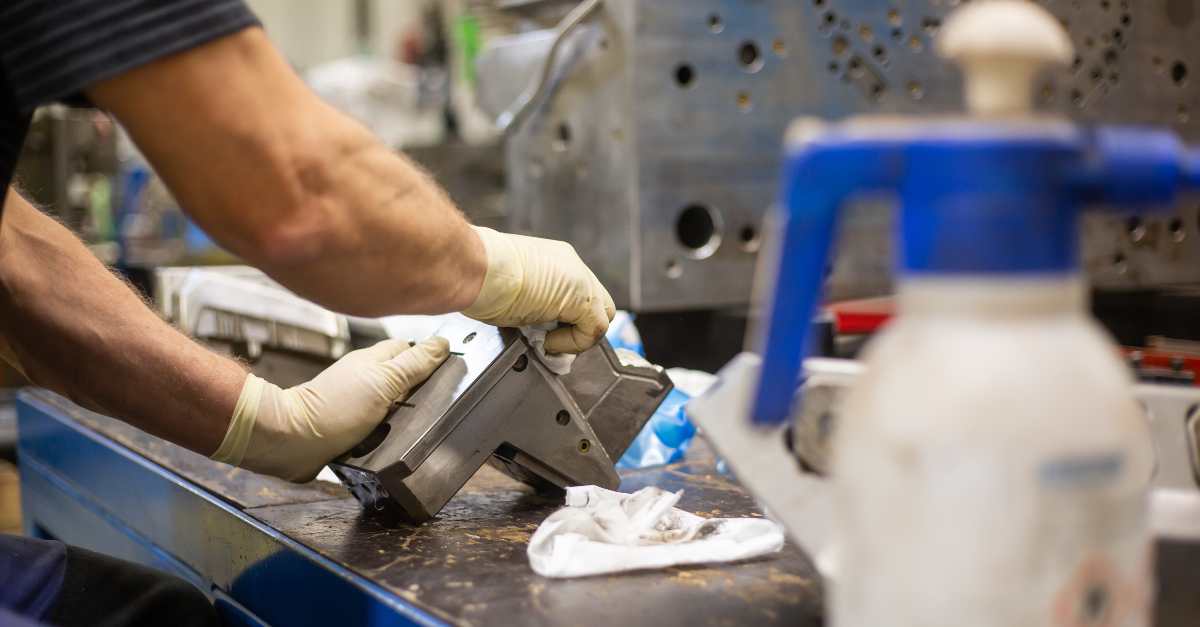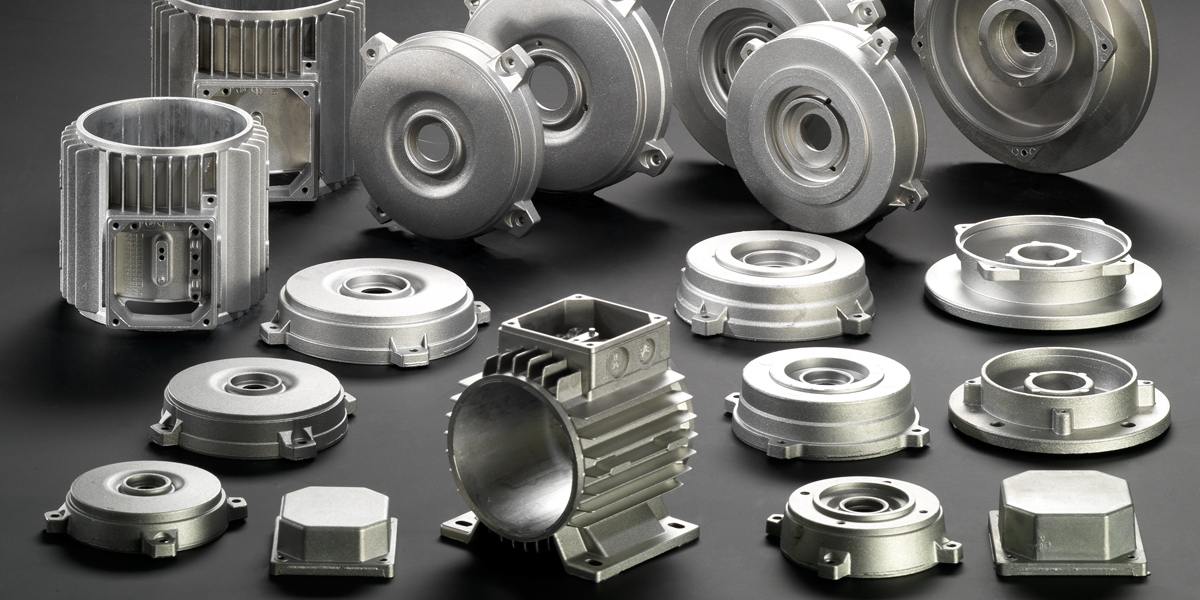Plastic distributors are key players in the global supply chain, acting as the critical link between plastic manufacturers and the industries that rely on plastic materials for production. They purchase plastic sheets, rods and films directly from the producers, then supply these materials to companies in many different industries, including construction, automotive and packaging. They provide more than just plastics. Their services include product selection, customized sizing and logistics. By stocking a wide variety of plastics in different grades and forms, they ensure customers have quick access to the materials they need without long lead times. Plastic distributors can help minimize delays in production and streamline the procurement process when deadlines and efficiency are critical. Without them, many companies would struggle to source the right materials in the right quantities at the right time. They are indispensable to today’s industries that require a lot of material.
One of the most important services plastic distributors offer is access to a diverse range of plastic types. These include common plastics like polyethylene, polypropylene, PVC, acrylic, and polycarbonate, as well as specialized engineering plastics such as nylon, PEEK, Delrin, and PTFE. Each material comes with unique properties suited for specific applications–some offer high impact resistance, others are chosen for clarity, chemical resistance, or thermal stability. Plastic distributors understand these nuances and guide customers in selecting the right material for their project, whether it’s for packaging, machine parts, insulation, signage, or consumer products. They also carry these materials in multiple shapes and sizes to fit various manufacturing methods, such as sheets for cutting, rods for machining, or films for wrapping. This variety and flexibility save clients from having to deal with multiple suppliers or perform additional processing steps. The distributor’s inventory is tailored to meet the day-to-day and custom requirements of its clients, reducing the burden on manufacturers to manage stock and sourcing complexities.
The role of technical support offered by plastic distributors has grown in significance as plastic materials continue to evolve. Distributors are often relied upon by clients to not only deliver the materials, but to also provide expert advice on what plastics will best suit their budgetary, performance and regulatory needs. Distributors have trained experts who can solve design and production problems by understanding the chemical, mechanical and environmental properties of polymers. They might, for example, recommend to a client in the packaging industry a FDA-compliant food-safe polymer or a flame retardant material for an electronics company. Distribution companies have access to data sheets, certifications and testing results that guarantee compliance with international and national standards. The consultative nature of their approach turns a supply transaction from a straightforward one into a partnership. This technical guidance is especially valuable for companies launching new products or entering unfamiliar markets where choosing the wrong material could result in failure or non-compliance.

Efficient logistics and inventory management are central to the success of any plastic distributor. These businesses maintain strategically located warehouses and distribution centers to ensure that materials can be delivered quickly and cost-effectively to customers. They invest in inventory tracking systems that help them monitor stock levels in real-time, forecast demand, and minimize delays. Some offer just-in-time delivery services, ensuring that customers receive materials exactly when needed, reducing the need for them to maintain large inventories on site. Clients can scale up and down operations without interruption by being able to fill large or small orders with a short turnaround time. Many distributors also offer custom packaging, labeling, and processing services to meet unique customer needs. Plastic distributors, whether they are serving a small shop or a large corporation, work tirelessly behind the scenes in order to make sure that products arrive at their destination on time and in perfect conditions. Logistics capabilities enable production processes to be run efficiently and smoothly. For more information please visit here Hargaplastiksampahcor
In the plastics distribution industry, sustainability is a growing concern. Distributors are responding to the tightening of environmental regulations and increasing consumer demands for eco-friendly goods by adapting their material choices. Many distributors now carry recycled plastics and bioplastics that are made of renewable resources. They also educate clients on how to reduce waste through efficient material usage and recycling programs. Distributors may collect plastic scraps from their clients to recycle or partner with local processors for responsible waste disposal. Additionally, they may offer materials with lower environmental impact, such as those manufactured using less energy or fewer chemical additives. By embracing green practices and promoting sustainable materials, plastic distributors play a critical role in reducing the industry’s ecological footprint. Their proactive efforts are not only good for the planet but also for building long-term trust with environmentally conscious customers.
Plastic distributors play a crucial role in the success of many industries. They do much more than simply sell materials–they provide expertise, logistics solutions, technical support, and sustainable alternatives that help businesses operate more efficiently and responsibly. They are valuable partners for manufacturers because they offer a large selection of products and provide reliable service. As the use of plastics continues to expand and diversify, the role of distributors will become even more complex and essential. They will remain at the forefront of innovation, helping clients adapt to changing materials, markets, and environmental expectations. Plastic distributors are quietly supporting the production of consumer products, medical devices, infrastructure and industrial components. In a world built on plastics, they are the unseen force keeping the supply moving and the industries growing.



